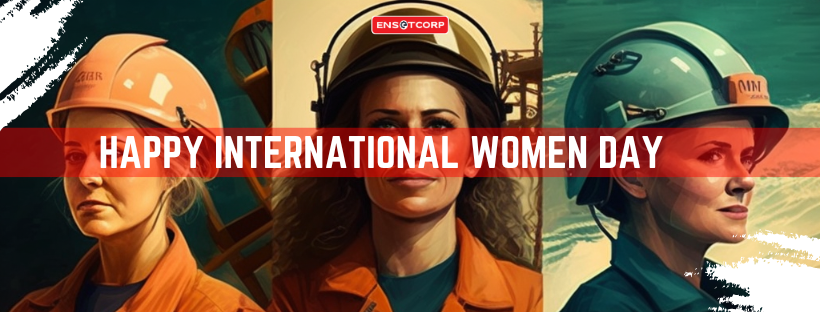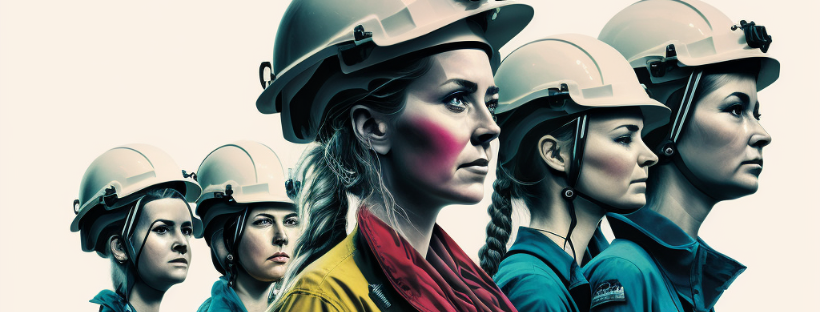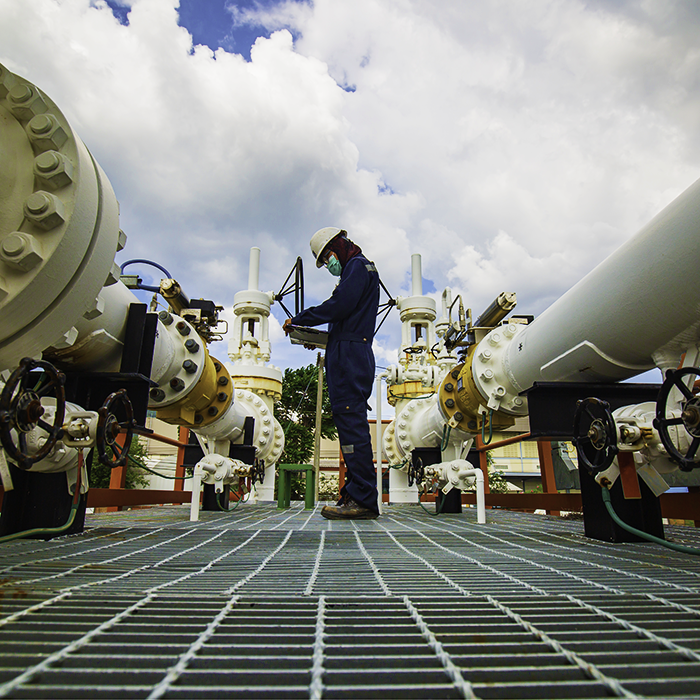Redefining a Male-Dominated Industry: Women in Offshore Work
In recent years, there has been a significant increase in the number of women working offshore in traditionally male-dominated industries such as oil and gas, marine and renewable energy. While women have always played an important role in these industries, they have often been confined to onshore roles such as administrative or support positions. However, in recent years, more and more women are taking up positions as offshore workers, challenging stereotypes and breaking down barriers.
Offshore work can be physically and mentally demanding, and it requires a certain level of fitness, strength and resilience. Despite this, women are proving that they are just as capable as men when it comes to working in challenging offshore environments. They are working as engineers, technicians, electricians, welders, and many other roles, and they are doing so with skill, determination and professionalism.
One of the challenges that female offshore workers face is the lack of facilities designed for women on offshore installations. Living quarters, changing rooms and bathrooms are often designed with men in mind, and women may find it difficult to find suitable accommodations. However, this is slowly changing as companies become more aware of the need to provide better facilities for women. Many offshore installations are now being designed with separate facilities for women, including separate living quarters, bathrooms and changing rooms.
Another challenge that female offshore workers face is the isolation of working offshore. Many offshore installations are located in remote areas, and workers may be away from their families and friends for extended periods of time. This can be particularly challenging for women with children or other caregiving responsibilities. However, companies are starting to offer more flexible working arrangements, including job sharing and flexible schedules, to help address this issue.
Despite these challenges, more and more women are choosing to pursue careers offshore, and they are making valuable contributions to the industry. They bring a unique perspective and skill set to their work, and they are helping to change the culture of the offshore industry. Companies are recognizing the benefits of having a diverse workforce, and they are actively recruiting and supporting female offshore workers.
In conclusion, female offshore workers are breaking down barriers and challenging stereotypes in traditionally male-dominated industries. They are proving that they are just as capable as men when it comes to working in challenging offshore environments, and they are making valuable contributions to the industry. While there are still challenges to be overcome, companies are taking steps to provide better facilities and more flexible working arrangements for women, and this is helping to create a more inclusive and diverse offshore workforce.






0 Comments